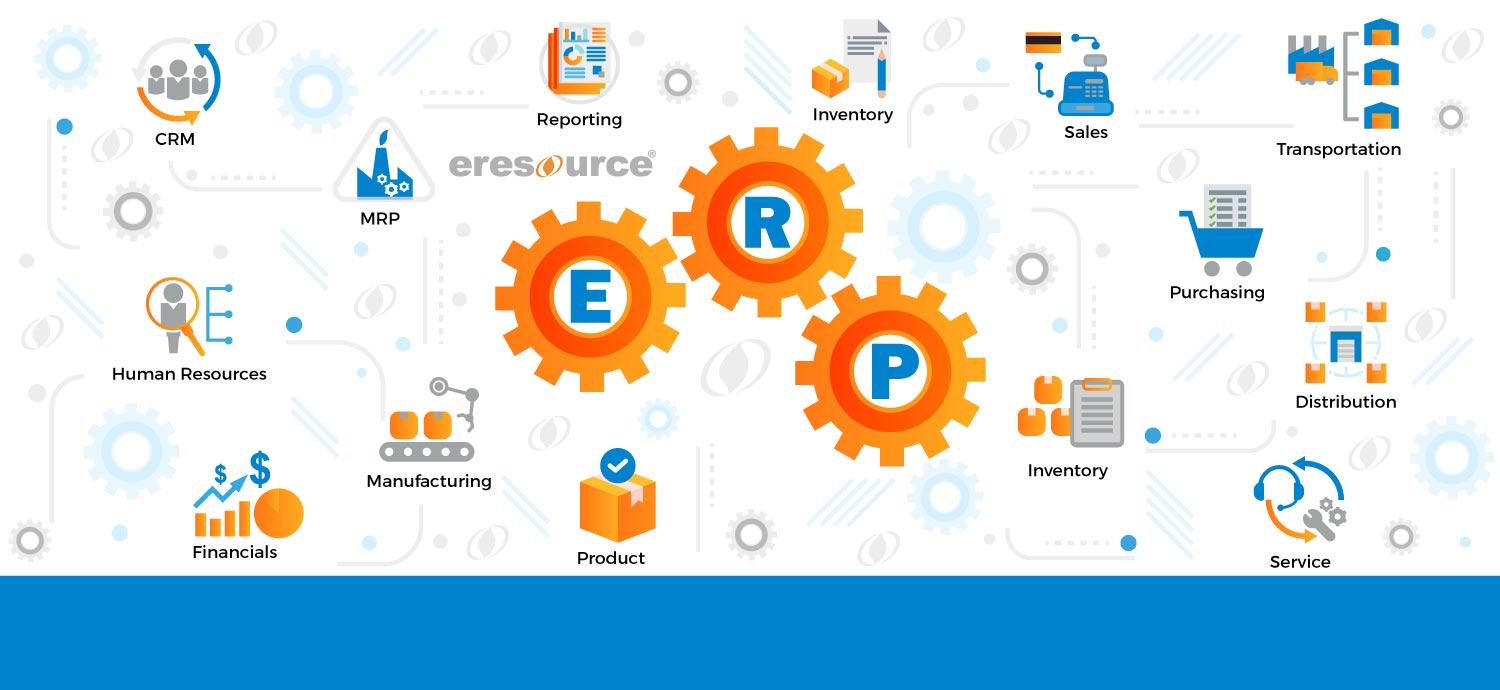Set targets and Budget Before ERP Implementation
- Phased approach: It is important to break as ERP project down to manageable pieces by setting up pilot programs and short-term milestones. Depending on the IT experience, some organizations choose the easiest piece as the pilot project, while others may implement a mission-critical application first. The pilot project can both demonstrate the benefits of ERP and help gain hands-on ERP implementation experience.
- Data conversion: Second generation ERP systems use relational database management systems (RDMBS) to store enterprise data. If large amounts of data are stored in other database systems or in different data formats, data conversion is a daunting task, which is often underestimated in ERP implementation. A two-hour data conversion task could be turned into a two-month effort as a result of the DBA group’s lack of technical experience and the management’s incompetence or ignorance.
Also Read – Why is ERP system important for solar industry
- Organization commitments: The involvement of ERP implementation goes far beyond the IT department to many other functional departments. The commitment and smooth coordination from all parties is the key to the success of ERP project. The commitments come from the understanding of how ERP can benefit each functional department. For example, if the warehouse staff is not completely sold on the benefits of the inventory control module, they may not input the kind of usage data that is essential to the project’s success.
- Create partnership between your software vendor and your stakeholders: While this concept may seem obvious, it has been found that the vendor-client relationship is often contentious and sometimes outright hostile. This fact is particularly true if the organization is severely divided regarding the choice of vendor software. As problems arise during implementation, and they will arise, the blame game often begins. Before long, the project evolves into a standoff with neither vendor nor client willing to admit fault. A third-party project director or manager is often the best solution for this dilemma. This person can usually serve as an objective mediator to bring the parties together, finding solutions, rather than allowing the project to slow down to a crawl.
Also Read – How ERP software is beneficial for pipe manufacturing industry
- Sell, sell, and continue to sell the ERP to your stakeholders: Implementing ERP systems are extremely complex and take months or even years, to implement it. If your stakeholders understand the long-term benefits of the system, they are much more willing to accept any perceived temporary steps backward.
- Build and leverage process expertise: Process focus is if anything, more important after going live since the company now has an even greater core of process expertise. Successful companies fully capitalize on this expertise and the power of ERP-enabled process. One way is by sending process experts from the implementation team back into the organization, or by having some serve at centers of excellence, some as key process performers and some as business managers. Successful companies never forget the point of the integrated enterprise – that it is not about ERP so much as it is about people involved in ERP-enabled processes.
- Adequately resource your project: Ensure that replacements are in place to release key team participants. The people who do the daily work of running functional departments are the same people who will be essential to implementing an ERP system. No surprise. The people with the most knowledge will be needed for the majority of the project. Priorities will conflict between the demands of the office and demands of the project. The most effective solution we have seen is hiring or contracting with additional resources to serve as back-fill for key office personnel. Admittedly a new resource cannot do everything that an experienced resource normally does; however, the replacement can handle routine work and coordinate with the experienced person for critical decision.
Also Read – How can ERP system help the cosmetic manufacturing process?
- Define metrics and manage them: ERP systems are capable of producing dramatic productivity improvements if successfully implemented and properly operated. But expecting ERP to perform miracles will be asking for trouble. The management and employees should be made aware of the benefit so that there are no over expectations. If ERP is touted as a panacea, then there will be dissatisfaction and disappointment about it, which can lead to failure of the system.
- Communicate and manage expectations at go-live: Many stakeholders in the organization expect the ERP to be an ‘everything for everybody’ solution. Even in the best-case scenario, this is rarely true. And inevitably, some functionality must often be re-scheduled into a post “go-live” phase. All of this combined could crate disillusionment with the new system. If the project teams are struggling to meet deadlines, they may have to make decisions on the functionality that needs to be delayed in order to meet the original “go-live” date and avoid delays. These decisions must be communicated and “sold” in the stakeholders to ensure expectations are effectively managed. The organization needs to know what will be in place at “go-live” and when they can expect the additional functionality.
Read More – ERP for civil contractors
Categories
Register for Free Demo!
Recent Post
-

eresource ERP 360 - an
11th Apr 2019 -

A competitive ERP system for
17th Apr 2019 -

Auto components manufacturing industry has
17th Apr 2019 -

Make the best use of
17th Apr 2019






